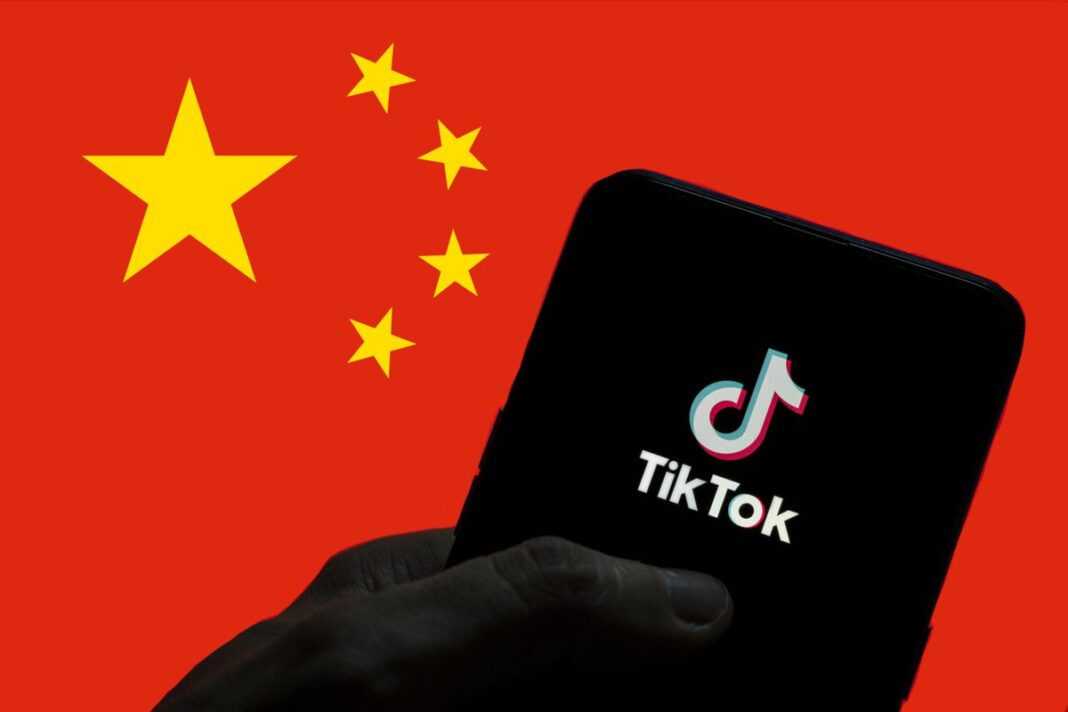The U.S. president said that the Chinese regime would have approved the deal ‘in 15 minutes’ if he reduced tariffs.
President Donald Trump said on Sunday that China was close to approving a deal for the sale of TikTok but backed out due to the 54 percent tariffs on Chinese imports.
“We had a deal pretty much for TikTok, not a deal but pretty close. And then China changed the deal because of tariffs,” Trump told reporters aboard Air Force One. “If I gave a little cut in tariffs, they would approve that deal in 15 minutes, which shows the power of tariffs.”
Trump announced a 34 percent reciprocal tariff on Chinese imports on April 2, in addition to the 20 percent tariff he imposed earlier this year, bringing the total tariff rate on Chinese imports to 54 percent.
In response, China imposed an additional 34 percent tariff on imported U.S. goods, which is due to take effect on April 10, and unveiled export controls on certain rare-earth minerals.
TikTok is required, under a law signed by then-President Joe Biden in 2024, to divest its U.S. assets or face a nationwide ban. Trump has effectively paused that ban until mid June.
TikTok’s Beijing-based owner, ByteDance, said on April 4 that it had been in talks with the U.S. government on a “potential solution” for the popular video-sharing app.
ByteDance stated that any agreement with Washington will be subject to approval under Chinese law.
Earlier in the month, Trump signaled that he might consider a deal in which Beijing would approve the sale of TikTok in exchange for tariff relief from the United States.
“You have a situation with TikTok where China will probably say: ‘We’ll approve a deal, but will you do something on the tariffs?’” he said on April 5. “We could use tariffs in order to get something in return.”
On April 5, Trump extended the deadline for TikTok to divest from its Beijing-based parent company by 75 days, the second such extension since Jan. 20. He signed an executive order after his inauguration to pause the federal divest-or-ban law while his administration determines the “appropriate course” forward.







